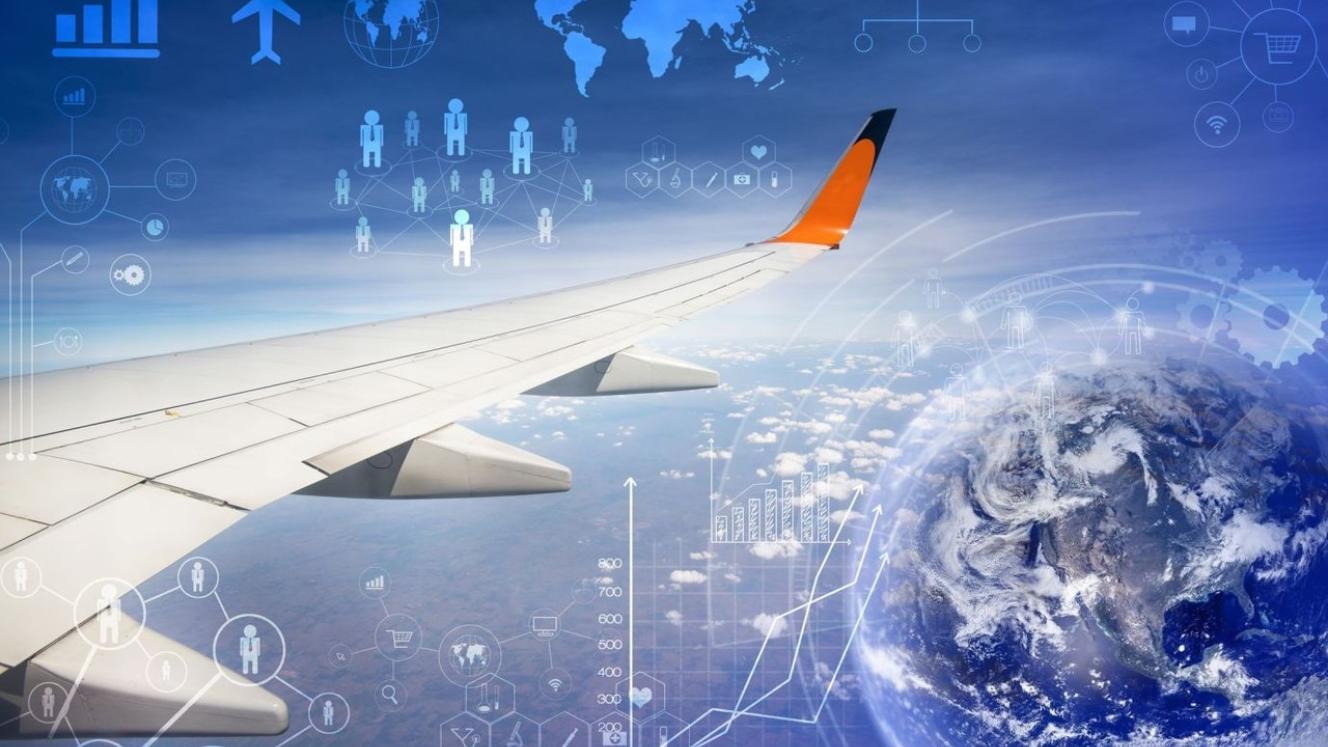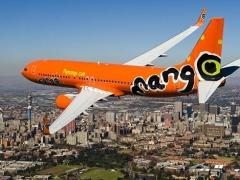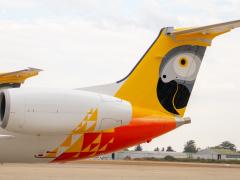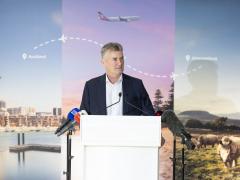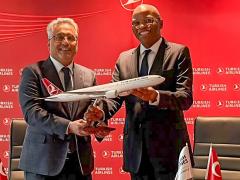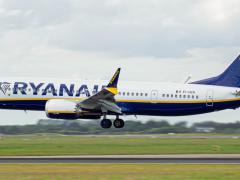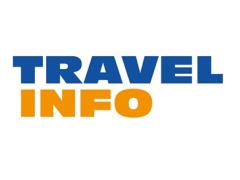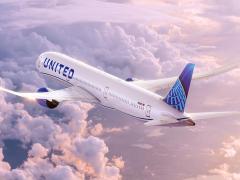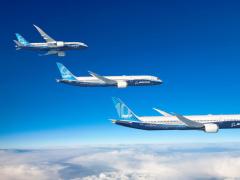Booking fragmentation across multiple platforms is slowing down agents, increasing operational costs and complicating onboarding processes, according to Sabre’s recent white paper, ‘What I See vs. What I Take’.
Local data supports this assertion, with a recent Travel News poll revealing that 58% of agents use four or more booking systems on a daily basis to fulfil client travel requests. A further 48% use between four and seven booking systems while 7% use up to 10 and 3% use even more than that.
Inefficiency
“Complexity is never good for business. The fragmented booking systems we're seeing today are a direct consequence of how NDC has been rolled out across the industry. Instead of delivering much-needed streamlining, NDC has resulted in agencies running multiple booking systems side by side: legacy GDS platforms, various NDC aggregators, and direct airline APIs,” said Otto de Vries, CEO of Asata.
“When you're managing all that fragmented content that doesn't consolidate properly into existing workflows, that directly hits productivity and your bottom line.”
Asata members reported that they were able to complete five GDS bookings in the time it takes to complete one NDC booking.
David van der Heever-Liebenberg, Travel Director and Co-Founder of Mr and Mr Jones Boutique Travel Management, said because agents now had to work across multiple platforms, extract information and manually update quotes with those details, it not only took more time, it created more room for human error.
He explained that NDC bookings often presented inconsistencies, requiring agents to directly contact airlines’ NDC call centres to reissue tickets, often more than once per booking. “It actually leaves me feeling very out of control, when it should be the opposite.”
Financial burden
De Vries highlighted that this loss of productivity translated directly to financial impact, which particularly affected small to medium-sized travel agencies and their competitiveness against OTAs.
“Every hour lost to inefficiency due to fragmented platforms comes straight off the bottom line. Agencies are currently forced to operate legacy systems alongside multiple new channels,” said De Vries.
Asata found that its members felt the cost of supporting these fragmented systems was being offloaded on to them.
While this hinders operations for traditional service-focused agencies, it also gives large OTAs an advantage. De Vries explained that OTAs had their own tech stacks and teams dedicated to building out API connections and keeping up with changing standards like NDC.
Training difficulties
Van der Heever-Liebenberg said the fragmentation of the industry’s booking systems made it more difficult for new agents to enter the industry.
“Agents are taught basic training on GDS booking systems, but now, in the real working environment, they have to navigate various new rules and systems, which is terribly confusing, even for experienced agents.”
He said this likely drove new entrants to agencies that had fully integrated online booking tools, however it did not help them learn about the intricacies of airline fare calculations and rules.
“So, when things stop working and they need to use a more manual approach, there is no skill set or knowledge base on how to handle that, and that could damage the industry as it doesn’t instil faith with the clients that rely on the agents’ services.”
Adaptation
Van der Heever-Liebenberg said agents needed to try and stay on the ball with new systems, as over-reliance on GDSs might prove to be counterproductive and impact agencies’ competitiveness.
De Vries pointed out that agents’ core value remained in their ability to manage the growing number of booking systems.
“We need people who can leverage these evolving tools to become trusted advisers who cut through all the noise and choice overload that customers face,” said De Vries.
“The industry has huge opportunities ahead, but we need technology that empowers our people, not burdens them with unnecessary complexity.”
